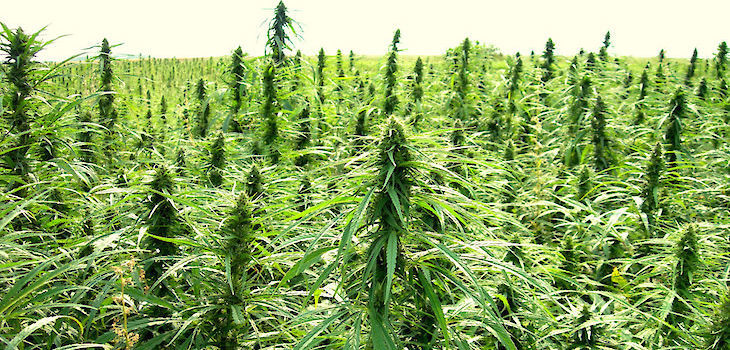From Guest Blogger Kristen Lueck: Could Hemp Disrupt The Energy Industry?

In many ways, yes – in a good way. A research conducted by West Virginia University and Agri Carb Electric Corporation has investigated the beneficial components of the farming infrastructure of hemp. The study focuses on cleaning up fields in West Virginia that have been exposed to harmful oils, but it even proposes the economic benefits of growing the crop for the use of textiles and other materials. “There are a lot of contaminated brownfields throughout West Virginia that people find too expensive to cleanup,” said Agri Carb’s CEO, Don Smith II. “We can be a complement to the state’s coal and gas industries by using a hemp cash crop to revitalize spoiled lands. This research should interest every post-industrial community in West Virginia to invest (with grants) and monetize what is now considered worthless.”
The impact hemp could have on modern society has been further recognized by even a West Virginia political candidate. J. Morgan Leach-D, running for office for the West Virginia House of Delegates, encourages the commercial growth of hemp based on recent conclusive research. “We want to encourage commercial growers throughout the state because the demand for domestic hemp will continue to increase,” he said. “Hemp can be catalyst for agriculture in West Virginia providing farmers with a high yield cash crop, but the real impact will come in the downstream industries that will provide jobs in both the industrial and energy sectors of the state.”
Hemp is not only a renewable source in itself, it’s methods of growing require minimal standards compared to others. According to experts at the Hemp Gazette, “it can be grown on marginal lands, requires no pesticides or fertilisers and little water.” Hemp continues to be a strong contender in the search for renewable energy. As the focus shifts over from the extraction of oils and coal, we could potentially be looking at a greener, cleaner, happier earth. “There is already a booming market for hemp products, like CBD oil,” says Marc Lewis, editor at Remedy Review. “If the energy industry focuses on hemp as a renewable resource, the market will only continue to grow for years to come.”
